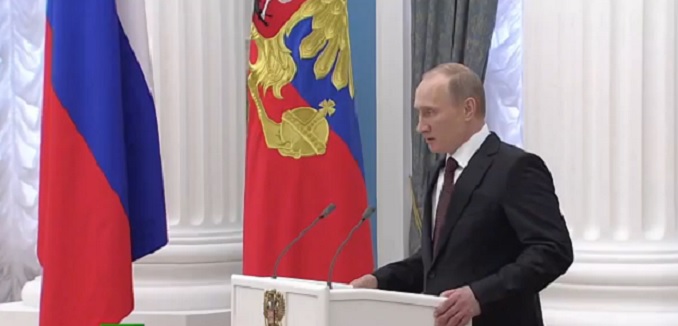Analysts continued late last week to gauge the degree to which nuclear talks between Iran and the P5+1 global powers might be affected by the crisis in Crimea, with Washington-based energy expert Nicholas Cunningham rounding up analysis that broadly converged on the conclusion that “Russia’s annexation of Crimea and the retaliatory steps taken by the US and the European Union to isolate Russia” will at a minimum complicate what had been taken to be a relatively unified international position.
In an interview with Bloomberg News, Robert Einhorn, a former U.S. State Department negotiator and a senior fellow at the Brookings Institution, said “Russia may undermine the sanctions” if the talks falter. He argues that Russia has always been reluctant about the sanctions on Iran. “Russia has never been supportive of sanctions but has recognized the utility of sanctions in motivating Iran to come to talks and negotiate seriously.”
Observers had worried almost immediately that Russia’s invasion of Ukraine would implode the U.S.’s hopes that existing international pressure – which relied heavily on at a minimum Russian acquiescence – would be sufficient to convince Iran to put its nuclear program beyond use for weaponization. Those concerns were brushed aside by administration officials, who insisted that the Russians would “compartmentalize” the controversies and continue to cooperate with the international community in pressuring Iran. Those dismissals were echoed by analysts who had heavily promoted engagement with the Islamic republic.
Russian Deputy Foreign Minister Sergei Ryabkov declared last week that the Kremlin may seek to “rais[e] the stakes” in the Crimean dispute by breaking with the West on Iran.
[Photo: RT / YouTube]




